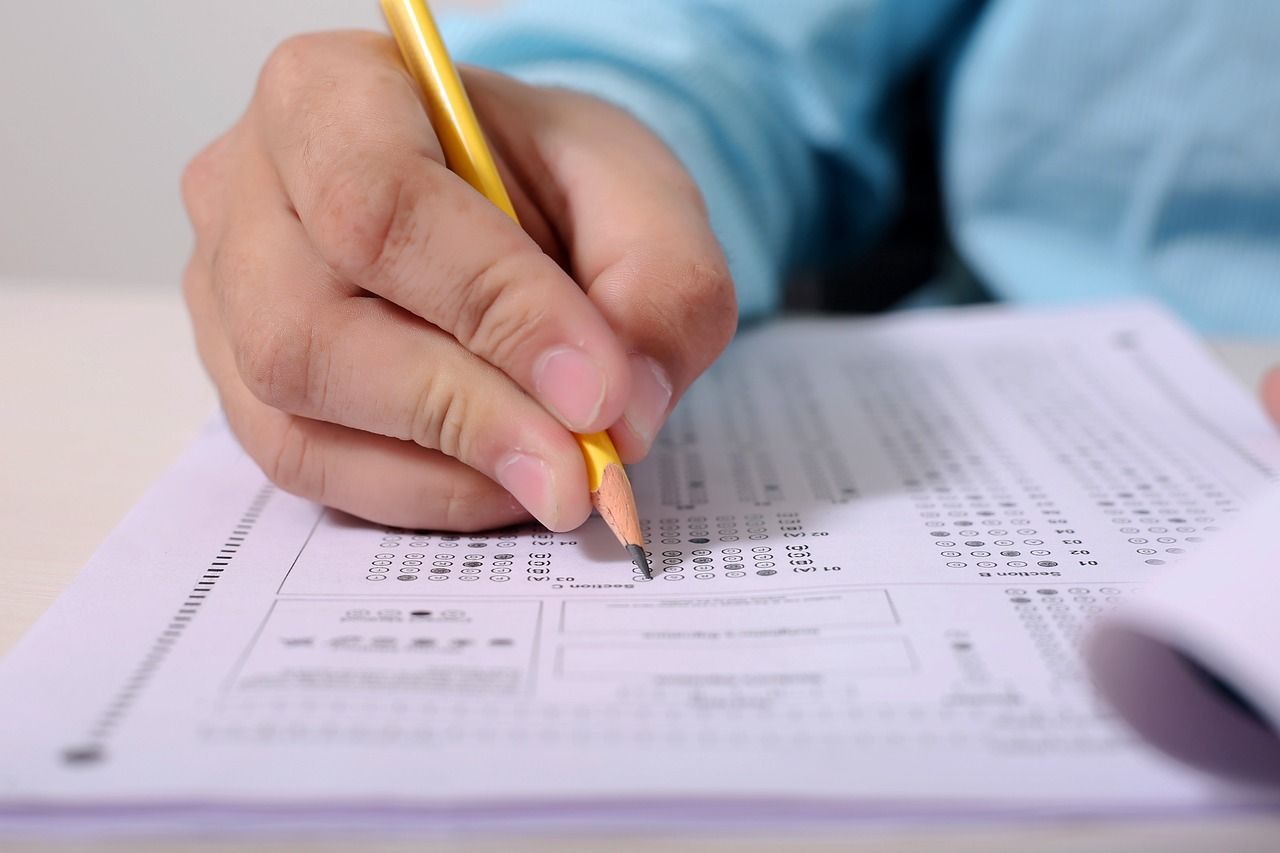Free College Entrance Examinations Act lapses into law
At A Glance
- Under the law, a graduating student will be eligible for the waiver of college entrance exams and charges on five conditions.
The bill mandating private universities and colleges to waive college entrance examination fees of qualified students has lapsed into law and takes effect immediately.

A copy of the law was published in newspapers on June 28.
Republic Act (RA) No. 12006, which lapsed into law on June 14, stresses the need to assist disadvantaged students who show potential for academic excellence by exempting qualified graduates and graduating students from payment of entrance examination fees.
"All private HEIs (Higher Education Institutions) are hereby mandated to waive the college entrance examination fees and charges imposed on qualified graduates and graduating students who are applying for college admission," the law reads.
Under the law, a graduating student will be eligible for the waiver of college entrance exams fees on five conditions:
- The student must be a natural-born Filipino citizen
- The student must belong to the top 10 percent of the graduating class
- The student must belong to a family whose combined household income falls below the poverty threshold as defined by the National Economic and Development Authority (NEDA), or cannot afford in a sustained manner to provide for their minimum basic needs of food, health, education, housing, and other essential amenities of life as certified by the Department of Social Welfare and Development (DSWD)
- Qualified students are required to apply for college entrance exams to any private higher schools within the country
- The student must satisfy all the requirements of the private school
The Commission on Higher Education (CHED) is tasked to determine and impose appropriate sanctions against private schools for violating the law.
It must also promulgate the Implementing Rules and Regulations (IRR) of the law within 60 days from its effectivity in coordination with the Department of Education (DepEd).
The Coordinating Council of Private Educational Associations of the Philippines, or its equivalent institution, will also be consulted for drafting the IRR.
Article VI Section 27 of the 1987 Constitution gives the President 30 days to sign or veto a bill transmitted to his office or it would lapse into law.